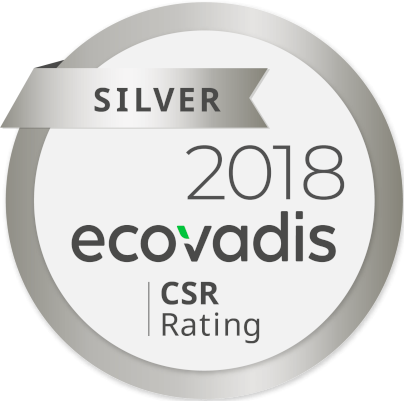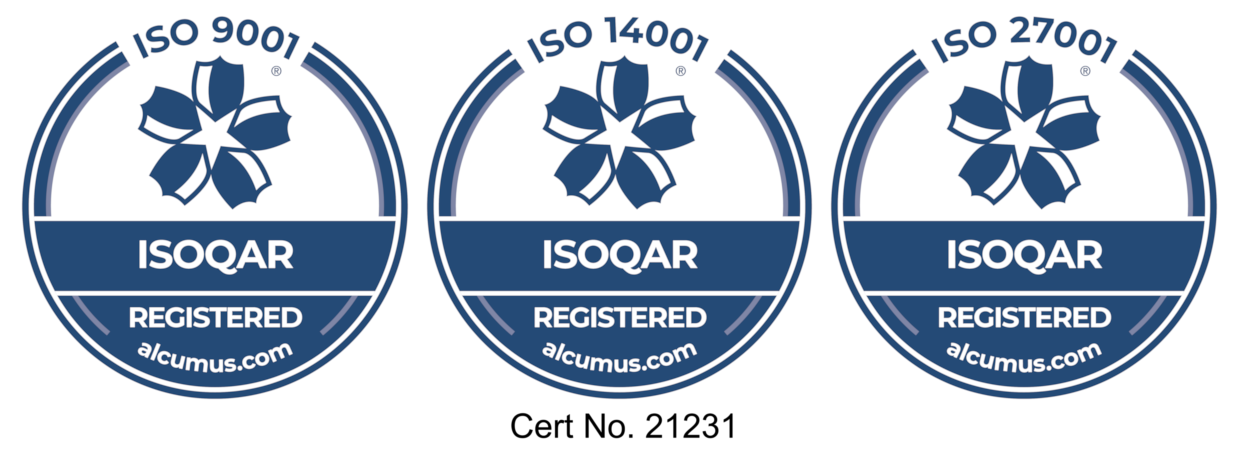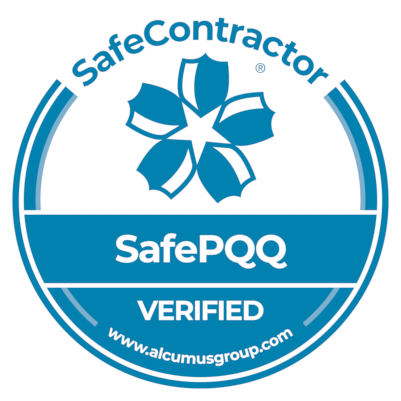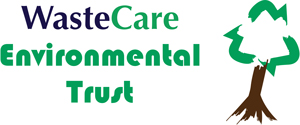 Workplace recycling segregation changes
Workplace recycling segregation changes
From April 6th 2024, The Welsh Government is introducing new regulations to improve the quality and quantity of how businesses collect and separate waste. From tomorrow, it will become law that all businesses, charities, and public sector organisations must sort their waste for recycling. This law also applies to all waste and recycling collectors and processors who manage household-like waste from workplaces.
The new law affects these materials:
- Food
- Paper and card
- Glass
- Metal, plastic, and cartons
- Textiles
- Small WEEE
These materials will need to be separated for collection and collected separately.
There will also be a ban on:
- Sending food waste to sewers
- Separately collected waste going to incineration and landfill
- All wood waste going to landfill.
This law applies to ALL businesses, charities, and public sector organisations – they all need to separate their waste.
The only workplace that is temporarily exempt from this law is NHS hospitals and private hospitals, who will have an additional two years to comply.
Waste Hierarchy
These regulations include a requirement for any establishment or undertaking which imports, produces, collects, transports, recovers or disposes of waste, or which as a dealer or broker has control of waste, to take all reasonable measures that applies to the following waste hierarchy as priority when waste is transferred to another person.
- Prevention (Measures, taken before a substance, material or product has become waste)
- Preparing for re-use (Checking, cleaning, or repairing recovery operations, so products or components that become waste can be reused without any other preprocessing)
- Recycling (Any recovery operation by which waste materials are reprocessed into products, materials, or substances, whether for the original or other purposes)
- Other recovery (Any other operation the result of which is waste serving a useful purpose by replacing other materials which would have been used to fulfil a function)
- Disposal (Any operations which is not recovery. E.g landfill, incineration)
How can Wastecare help?
Due to new regulations small Waste Electrical and Electronic Equipment (sWEEE) must be separated from other waste streams before collection. Wastecare can collect your business’s WEEE, recycle or recondition these appliances, and offer a rebate on any value we recover.
sWEEE includes kettles, toasters, clocks, watches, laptops etc. Many of these items are commonly found in workplaces, and with the new regulations you MUST comply.
Regardless of type or condition of your business’s WEEE, Wastecare are here to help. We provide specialist WEEE containers, and a regular, licensed collection service via our nationwide network of vehicles.
Wastecare may provide rebates for WEEE if it is deemed fit for reuse at our AATF site in Normanton. We returned over £16 million to clients in 2023 from recovered materials.
If you import or place household electrical equipment or onto the UK market, you may need to register as a EEE producer and enrol with a Producer Compliance Scheme. If your company places portable batteries onto the UK Market you may also need to register with a Battery Producer Compliance Scheme.
As one of the largest collectors and recyclers of WEEE and the largest collector and recycler of portable batteries in the UK, this enables us to provide sustainable low prices. We also pass on any third-party EA-recognised evidence that is made available to us at cost price.





